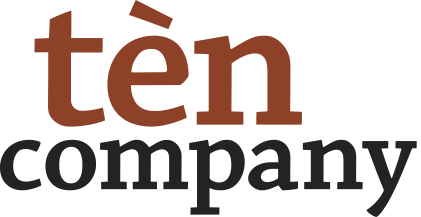What I learned from my career crisis

10 years ago I experienced a major career crisis. Between 1999 and 2009, I launched and grew an American consultancy firm in the Dutch market, together with a team. In 2008, I had come to a point where I was getting less and less pleasure from my work. In fact, I was increasingly unable to give the 100% motivation that the company was entitled to.
How did this happen? As our firm grew fast, my role started to change. In the beginning I did everything: contacts in the market, delivering assignments for our clients, strategy and execution, administration. Later on, my role changed from a consultant into the role of Managing Director. A role that I fulfilled with great pleasure during the first years. As the company grew and we employed more and more colleagues, I was expected to spend an increasing amount of my time on internal activities. That cost me a lot of energy. At the end of the day, all my energy was often drained away.
What should I do? My employer was happy and told me that I fulfilled my role well. But deep down I knew something needed to change. In my daily work I was not able to reflect and pay attention to my personal development. Also, one of the economic characteristics of a consultancy firm is that turnover fluctuates strongly. I could not afford to lose my focus.
Did I really want to leave the company that I had built? Could I let go of "my child"? I thought about starting my own business. But was that a wise thing to do? This entire process lasted more than a year.
I finally took the decision. I moved on and decided to do a start-up. It made me happy to see that the consulting firm continued to perform just fine in the first years after my departure. My ‘kid’ was an adult now.
I would like to share my five most important lessons from this time of a major change for me.
- Break through inertia. We humans are creatures of habit. But everything around us changes. You change, your customers change and your company changes. Pro-actively respond by regularly standing back and assessing whether you are still on the right track.
- Always keep the initiative about your professional direction on your side. If you conclude that something needs to change, do it! Use a sounding board to assist you with the process.
- Invest in yourself. Your market value from ten years ago is no longer the same. Keep learning: Informally through books, podcasts and seminars. And formally via short or long official education programmes.
- Get to know your own drivers in a profound way. If you think you know yourself, think again. It really isn't that easy. Although I was already doing a lot with drivers professionally, I too got to know myself better again because of my last crisis.
- Take calculated risks. I am convinced that almost everyone in the developed world gets chances in life. You must learn to see them and have the courage to seize them. Of course it is true that you do not know in advance whether you will succeed. That's why it's called an opportunity. Make peace with that.
The Chinese have two characters of their own for the word crisis: 危機. The first character refers to threat. The second character refers to chance ...
Or, as Winston Churchill said, "never let a good crisis go to waste!"
Hopefully this inspires.
Paul Donkers
Would you be interested to become a professional user to help others unlock their Ikigai (purpose?). Our certification could be interesting for you.






